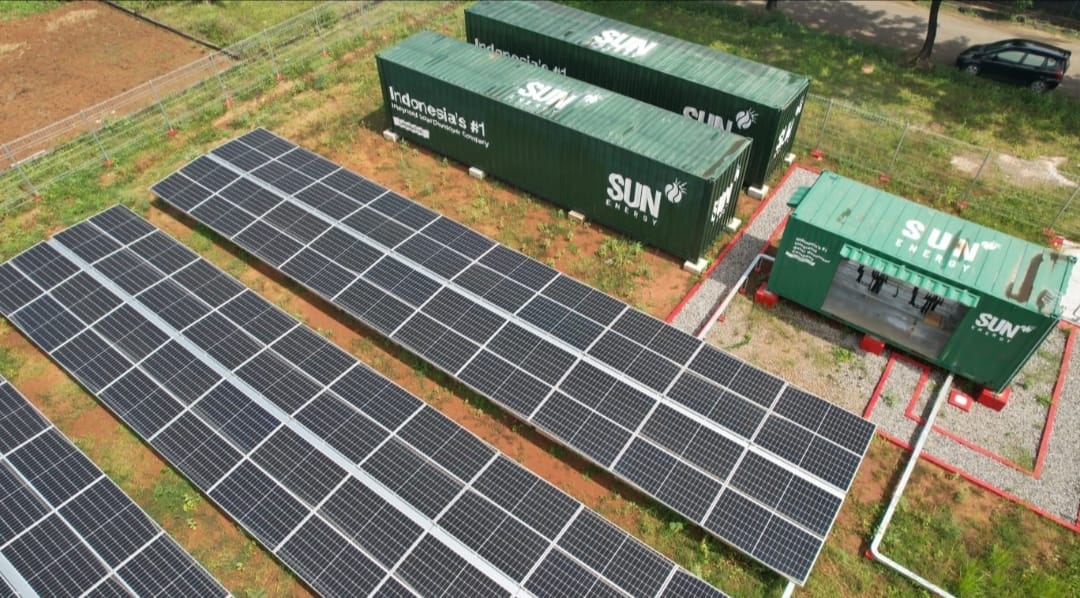Indonesia's government, under President Prabowo Subianto’s administration, has made achieving energy self-sufficiency a key priority, with an ambitious target set for 2028. One of the main players in this push is PT Surya Utama Nuansa (SUN Energy), a leading company in solar power development. Jonathan Barki, the Chief Investment and Corporate Development Officer at SUN Energy, highlighted the promising future of solar energy, although its current use in the country remains relatively low.
As of 2024, Indonesia’s total installed rooftop solar capacity stands at only 800 megawatts, a fraction of the country's potential. The government aims to reach a milestone of 5 gigawatts of solar power by 2028, and SUN Energy is committed to contributing significantly to this goal. Barki emphasized that his company plans to install 700 megawatts of solar power by the late 2020s as part of this larger national effort. He expressed confidence that solar photovoltaic (PV) systems have strong commercial and economic viability, which will drive greater adoption in the coming years. This, however, requires active participation from the entire solar industry and support from financial investors.
Barki also pointed out that achieving energy self-sufficiency in Indonesia will have a domino effect on other industries, especially data centers and electric vehicle (EV) sectors, both of which require stable, renewable energy sources. The development of these sectors will significantly increase demand for sustainable energy solutions, providing further incentive for the expansion of solar power in the region.
In 2024, SUN Energy became a pioneer by launching two innovative agreements: the Power Purchase Agreement (PPA) and Performance-Based Rental (PBR) systems. These models enable commercial and industrial customers to install solar panels without upfront capital expenditures (Capex), making solar energy more accessible to businesses across various sectors. By eliminating the initial investment hurdle, SUN Energy hopes to accelerate the adoption of solar energy, allowing businesses to benefit from renewable energy while contributing to Indonesia’s sustainability goals.
The growth of solar power is integral to the nation’s long-term energy strategy, and companies like SUN Energy are at the forefront of this transition. With strong industry collaboration and government support, Indonesia is positioned to achieve its energy self-sufficiency goal by 2028. As businesses and investors continue to explore sustainable energy solutions, solar energy will play a pivotal role in shaping the future of Indonesia’s energy landscape.
CNBCINDONESIA
Read More






 Wednesday, 25-02-26
Wednesday, 25-02-26







